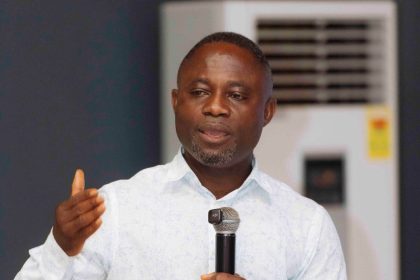The Kwame Nkrumah University of Science and Technology (KNUST) will, beginning the 2026/2027 academic year, introduce a micro-credential course in Artificial Intelligence (AI) for its students.
Professor (Mrs) Rita Akosua Dickson, the Vice-Chancellor, who announced this, said the course would be hosted on the university’s E-Learning platforms and designed with flexibility to suit students’ schedules.
“One can decide to take it either in the first year or any other year before the completion of the entire study programme,” she explained.
The University’s Academic Board, according to the Vice-Chancellor, has also approved the inclusion of staff and other members of the university community who wish to enhance their AI proficiency.
Prof Dickson was speaking at the opening of the 11th KNUST Summer School in Kumasi, which was held on the theme: “Artificial Intelligence (AI) in Education.”
She said KNUST’s decision to embrace AI education aligns with Ghana’s National AI Strategy and the institution’s own KNUST AI Strategy, developed after months of dedicated work.
She emphasised: “As a science and technology university tasked with transformation and development, we cannot sit on the fence.
“Addressing AI in education as a contemporary theme allows us a balanced lens to appreciate its vast opportunities, its risks, and ethical implications, while situating academic discourse within a reality that is shaping the future of knowledge and society.”
Prof Dickson noted that AI’s influence on education was already profound, reshaping research, teaching, learning, assessment, and administration across the world.
“What is important is that all these must be delivered in an ethical and responsible manner,” she cautioned.
Dr Shafika Isaacs, UNESCO’s Chief of Section for Technology and AI in Education, urged educational institutions to adopt approaches to AI that challenge “simplistic, commonsensical certainties and instrumental reasoning,” and to embrace the “messiness” inherent in technological transformation.

She further underscored the importance of prioritising national and institutional policies and strategies in AI to build talent and capabilities.
Dr Isaacs highlighted that shifts in pedagogy, curriculum design, assessment, research, innovation, partnerships, and leadership development were essential in effectively navigating the evolving AI landscape.
GNA






